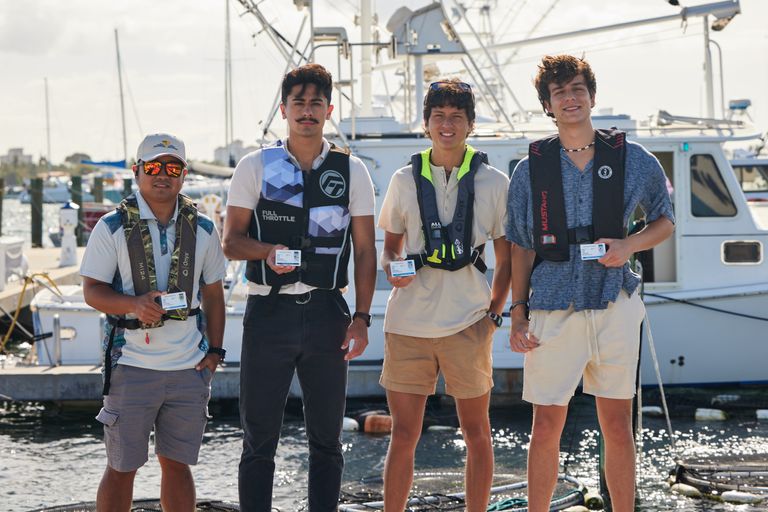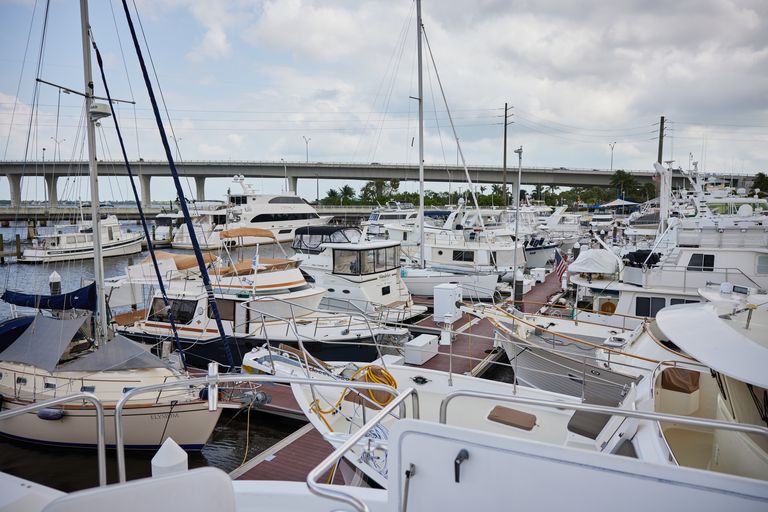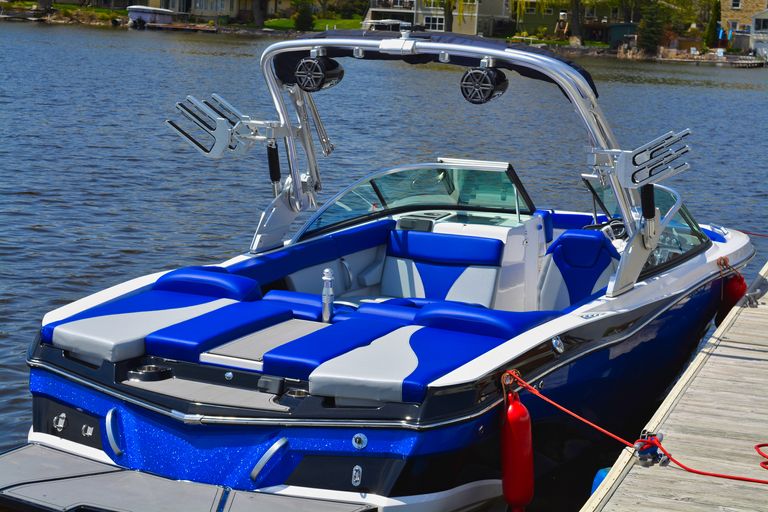10 Frequently Asked Boat Questions (and Answers)
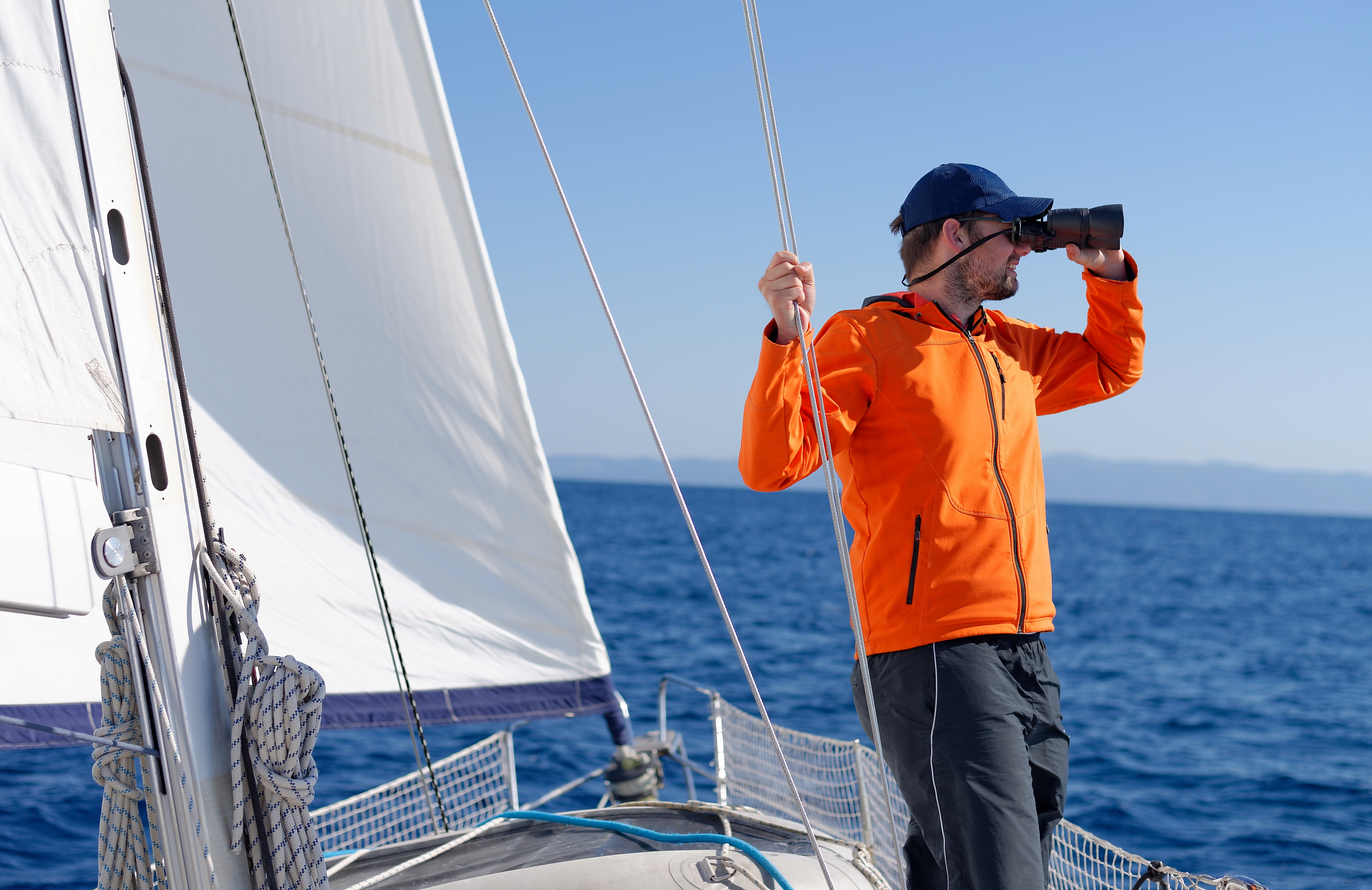
It's impossible to know everything about safe boating – even with years of experience operating a boat on the water. Even with a boater safety course, practicing what you've learned about being safe on the water is the best way to round out your knowledge.
However, it's common to have questions about boating safety, even while spending time on the water. After earning your boating certification, we encourage you to learn and fine-tune your safety best practices.
We can't answer all your potential questions today, but here are ten of the most commonly asked boat questions (and their answers) to help you enjoy a safe season on the water.
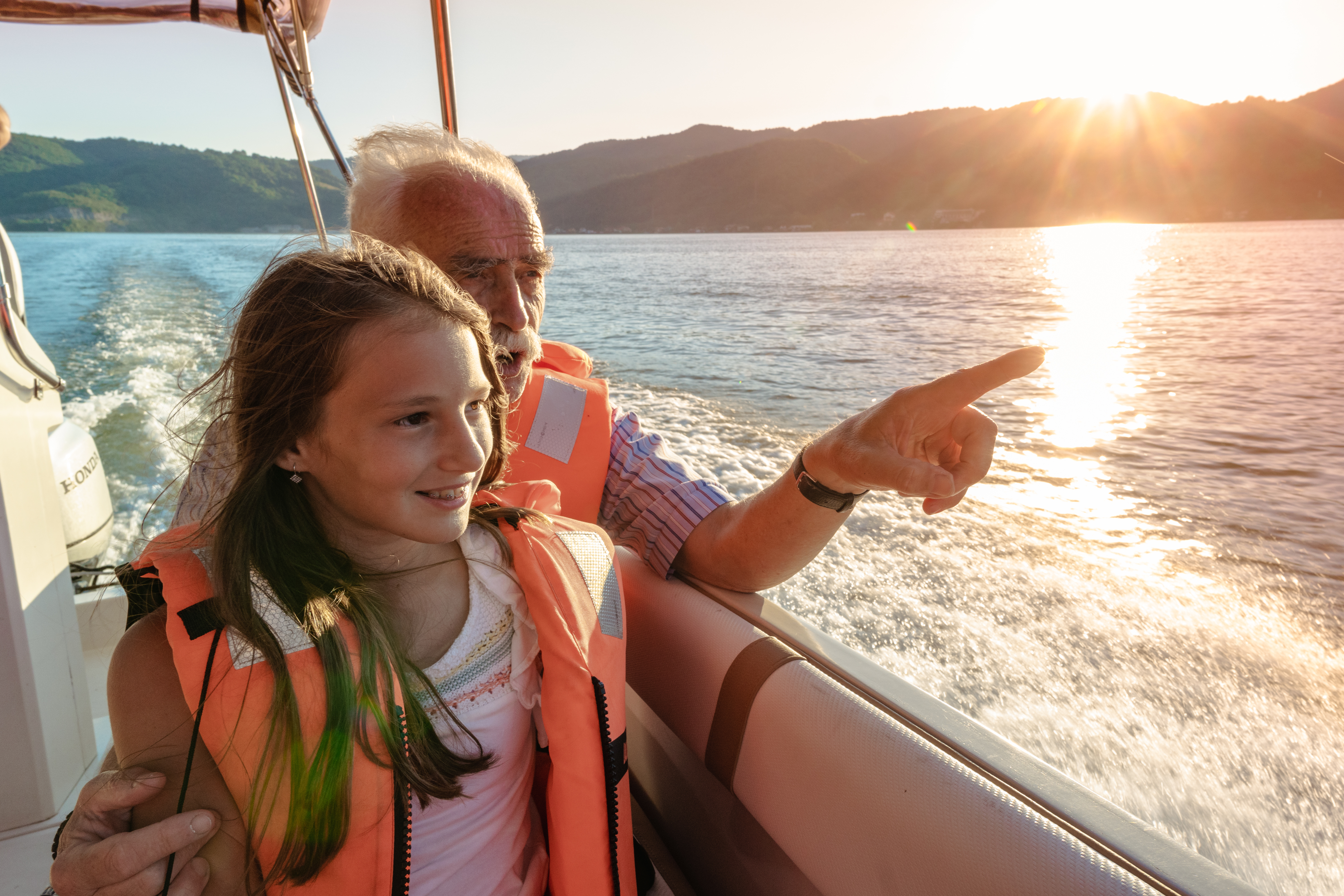
Question 1: Can My Teenager Operate a Boat Without Adult Supervision?
Legal restrictions concerning who can and cannot operate a boat with or without adult supervision can vary depending on where you boat in the U.S. or Canada.
However, in general, anyone younger than 17 is not allowed to operate a boat without an adult onboard to supervise. So, check the laws in your area for individual regulations before allowing your teen to take the boat out with friends who aren't safety certified or adults.
You could face fines for violating the regulations in your area for who can (and can't) legally operate a boat.
Question 2: What's the Equivalent of Kelly Blue Book for Boats?
J.D. Power offers a resource to find price recommendations for thousands of boats. This guide was formerly known as NADA Guides and provides information for more than 100 manufacturers of powerboats, sailboats, outboard motors, personal watercraft, and boat trailers.
Based on your selections for the boat's size and features, the site delivers the suggested low and average retail prices.
Question 3: How Many and What Types of Life Jackets Do I Need for My Boat Passengers?
The number of required lifejackets changes depending on how many passengers you have on the boat. You'll need one lifejacket for each person on board.
Additionally, anyone on a jet ski or pulled on water skis or tubes should wear a USCG-approved life vest. So, even if your state law does not require you to wear a life jacket because of experience or age provisions, we still strongly recommend that you have a life vest that fits well and wear it at all times.
Even if you're a strong swimmer, a life jacket can save your life or the life of one of your passengers.
Question 4: When Should You Report a Boating Accident?
We hope you're never involved in a boating accident. However, if one occurs, it's crucial for the boat operator or witness to report it immediately to the nearest law enforcement agency.
What is a "reportable" accident? You're required to report if the accident:
- Results in a death or disappearance
- Causes injuries to a person that requires medical treatment beyond first aid
- Causes damage to a vessel or other property exceeding $200 to $2,000, depending upon your state
Not all accidents need to be reported, but reporting it can often be the best response when it happens. If you're unsure if you need to report it, go ahead and report it.
Question 5: What's the Best Way to Download United States Fishing and Marine Charts?
Many boaters use devices like a Garmin GPS to understand the topography of a lake or body of water. However, other boaters prefer physical maps to enhance the boating experience.
To get the maps you want, download charts from Navionics to your mobile device. You can also customize and print maps from MyTopo. Additionally, the National Oceanic and Atmospheric Administration (NOAA) offers maps for the Great Lakes and U.S. coastal regions.
Question 6: If I've Owned a Boat for More Than 20 Years, Do I Still Need a Boating Certificate?
If you have decades of experience owning and operating a boat and were born before 1980, most states won't require you to take a course. However, regulations vary by state to determine who must have a boating certification.
BOATERexam provides a quick way to find your state's requirements. Select your state, and then read the notes under the headline at the top of the page.
For example, our website notes that in Florida, all boaters born on or after January 1, 1988, must pass a boater safety course to operate a motorized watercraft of 10 HP or more.
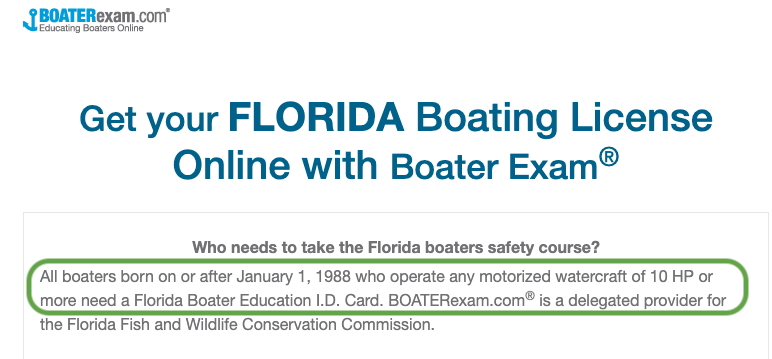
Question 7: Why Should I Take a Boat Safety Course if I've Been Boating for 25 Years?
Depending on your age and state's requirements, you may not need to take a boating education course or carry a certificate.
However, a lot can change over 25 years on the water. Many experienced boaters take a boat safety course to comply with state regulation changes, stay updated on the latest safety best practices, and save money on insurance.
We recommend checking your state's laws to verify boater education requirements. You can also use our state-specific study guides online to brush up on your safety education.
Question 8: When Does My State Boating Certificate Expire?
Do I have to retake the course if it expires?
We have good news! Your boater card issued after completing your boat safety education course does not expire. You will only have to retake the course if your state legislature changes its law.
Since the card doesn't expire, you'll want to keep it in a safe place and always with you when boating. You can also get multiple cards, so you have a backup if you lose one.
Question 9: What Do I Do If I Lose My Card?
It's important to carry your card with you when operating a boat. So, if you lose your card, make sure you get a replacement before taking the boat out and driving it again.
If you lose your card, go to your state's page, scroll to the bottom, and click on the "Lost Your Card?" link to find information on requesting a new one.
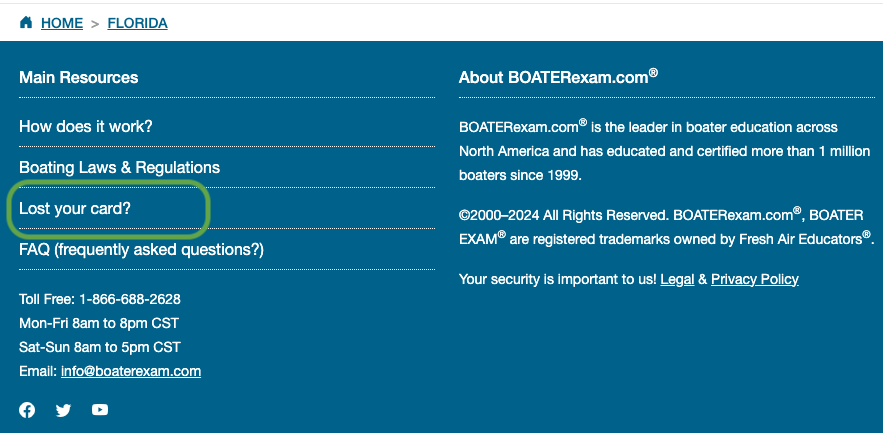
Question 10: What Kind of ID Do I Need to Carry On My Boat?
Again, be sure you carry your permanent boating safety course card every time you operate a boat. You'll also want to carry any other identification specific to state laws.
It's also smart for passengers to carry ID (like a state-issued driver's license or boater education card if they have one). You never know when authorities might request to see IDs, or IDs could be needed in an emergency.
Carry Your Boater Education Card When Hitting the Water This Season
We hope we answered some of your biggest boat questions!
Remember: passing a boat safety course is more than just a requirement in most states; it can save a life! You'll learn about the safety equipment needed on your boat, choosing the right life jackets, and navigating the waters safely so you and your friends and family enjoy more time on the water.
To get your license, find the course for your state (or the course for Canada. BOATERexam courses are online and convenient to take anywhere at your own pace.

